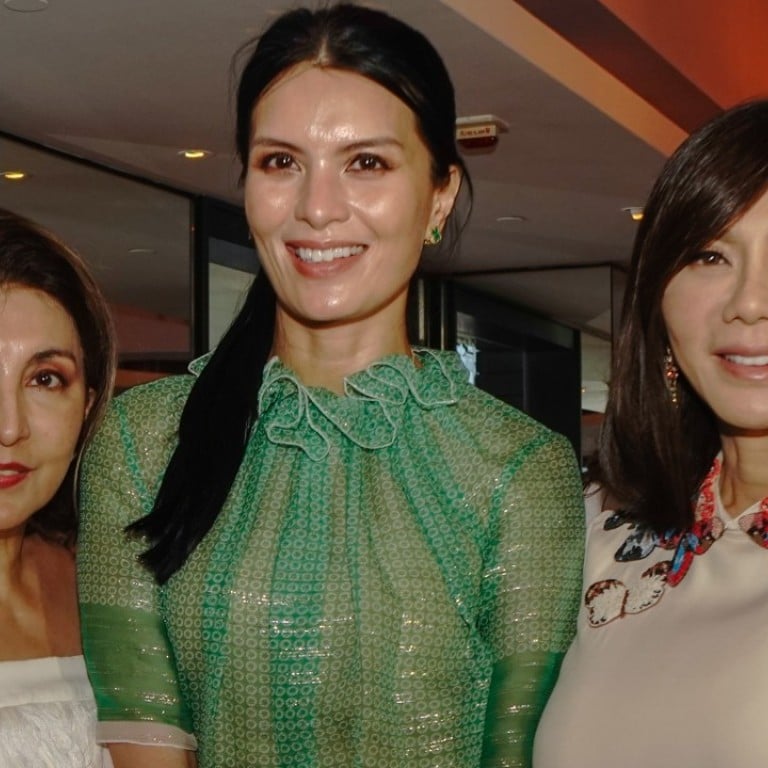
Skin doctor Vicki Belo on how cosmetic surgery empowers you, and her biggest wish: to give Philippines an image makeover
Celebrity dermatologist to the glitterati of East Asia and the Middle East has seen going under the knife for the sake of one’s beauty go from secret to status symbol, and become a global authority on now to treat Asian skins
When dermatologist Dr Vicki Belo visited Hong Kong recently, the city’s glitterati showed up to hear her talk all things beauty and cosmetic surgery. While some were meeting her for the first time, for others it was a chance to catch up again.
Belo, who at 62 doesn’t look her age, has been one of Hong Kong social set’s best-kept secrets for years, and her Hong Kong clients often make day trips to Manila for procedures at one of her clinics.
In the Philippines Belo is a bona fide celebrity.
How Cebu became centre for world-beating design
She has 1.4 million Instagram followers, is mobbed wherever she goes, and regularly appears on the society pages of the national tabloids. Being “belofied”, shorthand for getting a beauty makeover, has become a common and affectionately used expression among the elite, both male and female.
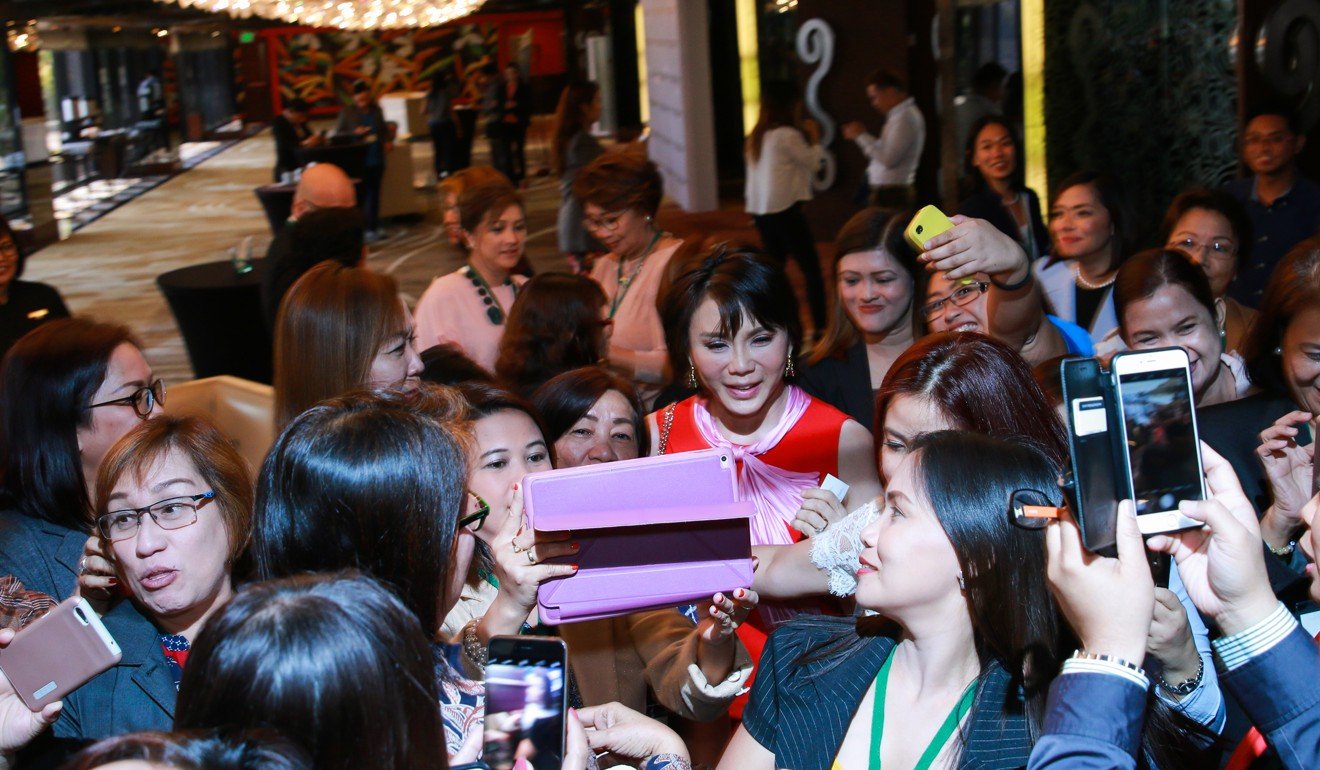
The remarkable life story of Belo and how she built a cosmetic surgery empire sounds like the synopsis for a soap opera, and is a reflection of the Philippines’ obsession with beauty.
She was adopted by her aunt, who couldn’t have children and asked her sister, who had many, if she could spare one. Growing up, she was bullied because of this.
“They would say that my mom gave me away because I was fat and ugly. So when I was a little girl I came to the conclusion that if you’re fat and ugly you won’t be loved,” she says.
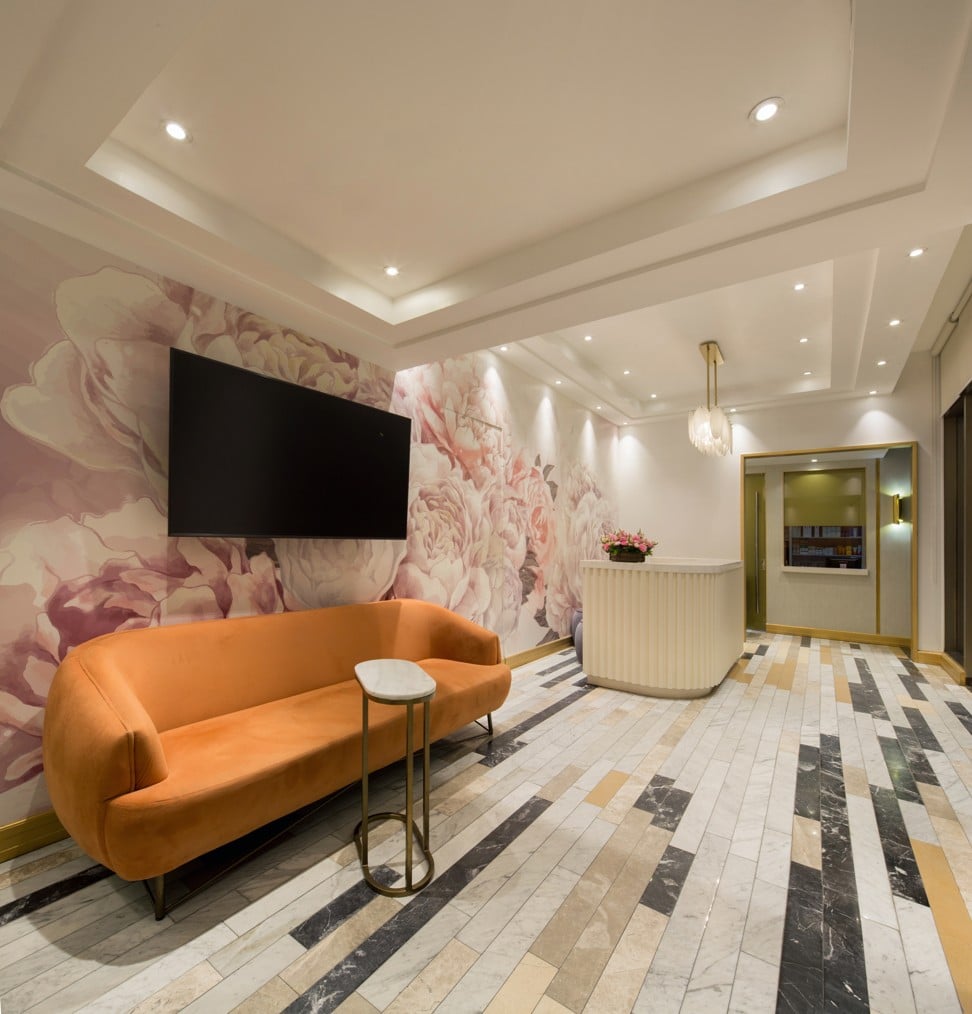
“I thought, how do you fix that? By making everybody beautiful. So that was always my guiding principle, even as a five-year-old.”
I think people look better when you can’t tell what they’ve got done. Take Jennifer Lopez. I look at her and go, wow
Belo, who struggled with weight issues, also developed acute acne, and spent her youth looking for a cure. Her experiences compelled her to go to study dermatology at medical school, which led her to the Institute of Dermatology in Bangkok and then Harvard University, where she encountered lasers and liposuction.
“I was only thinking of making people beautiful back then and also [helping] them lose weight. I feel that if someone gives you lemons, you make lemonade, so that was the case for me because I knew about all these issues and could relate,” Belo says.
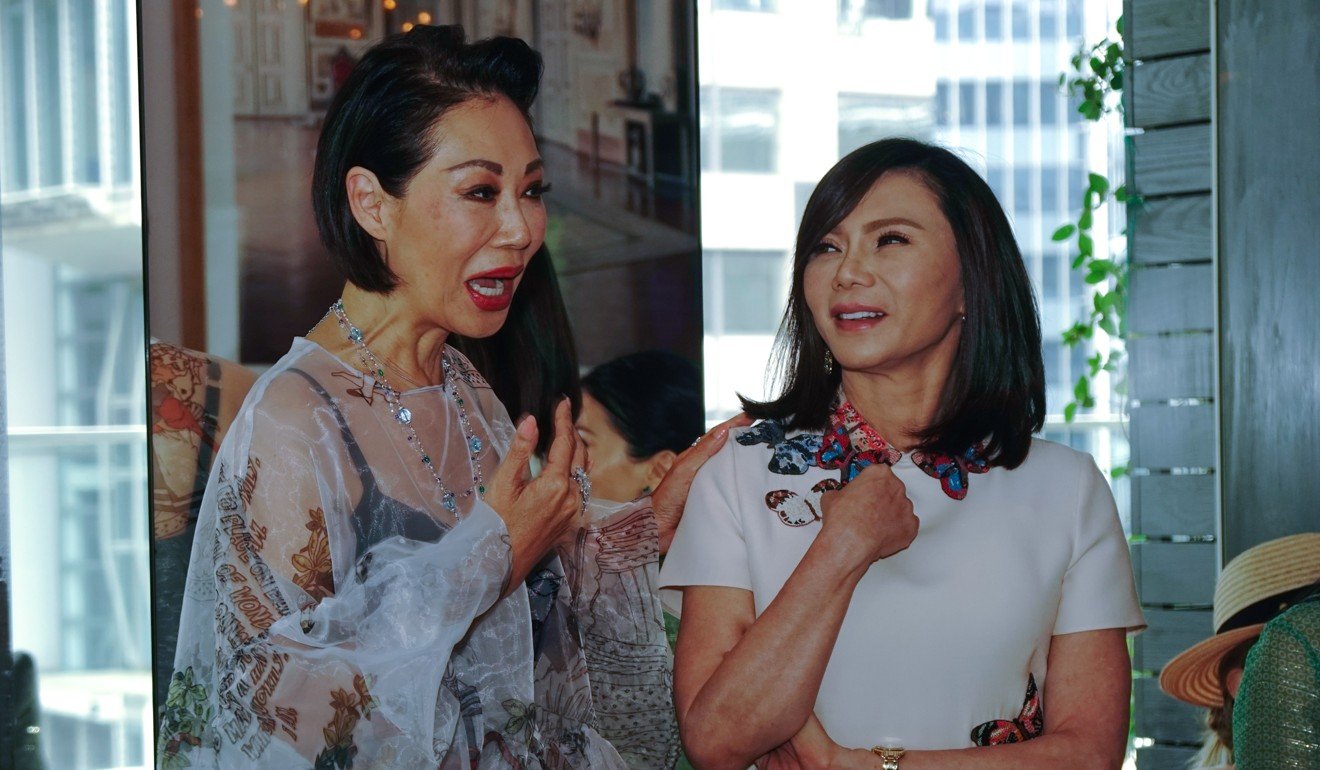
When she returned to Manila from the United States in 1990, she faced a backlash for embracing marketing and advertising, something cosmetic surgeons didn’t do back then.
South Korean men having plastic surgery to get ‘pretty boy’ looks and macho physiques of their K-pop and K-drama idols
Belo is certainly not the type to shy away from the spotlight, and her ability to pair scientific research with glamour is what makes her the personality she is. It was not something that always came easily to her, she says.
“I just wanted to educate about things like lasers and liposuction,” she says. “But a lot of people were questioning me and I had times of doubts and thought that maybe I should stop, but I prayed and had faith, even though everyone was mad at me for doing all these new things.
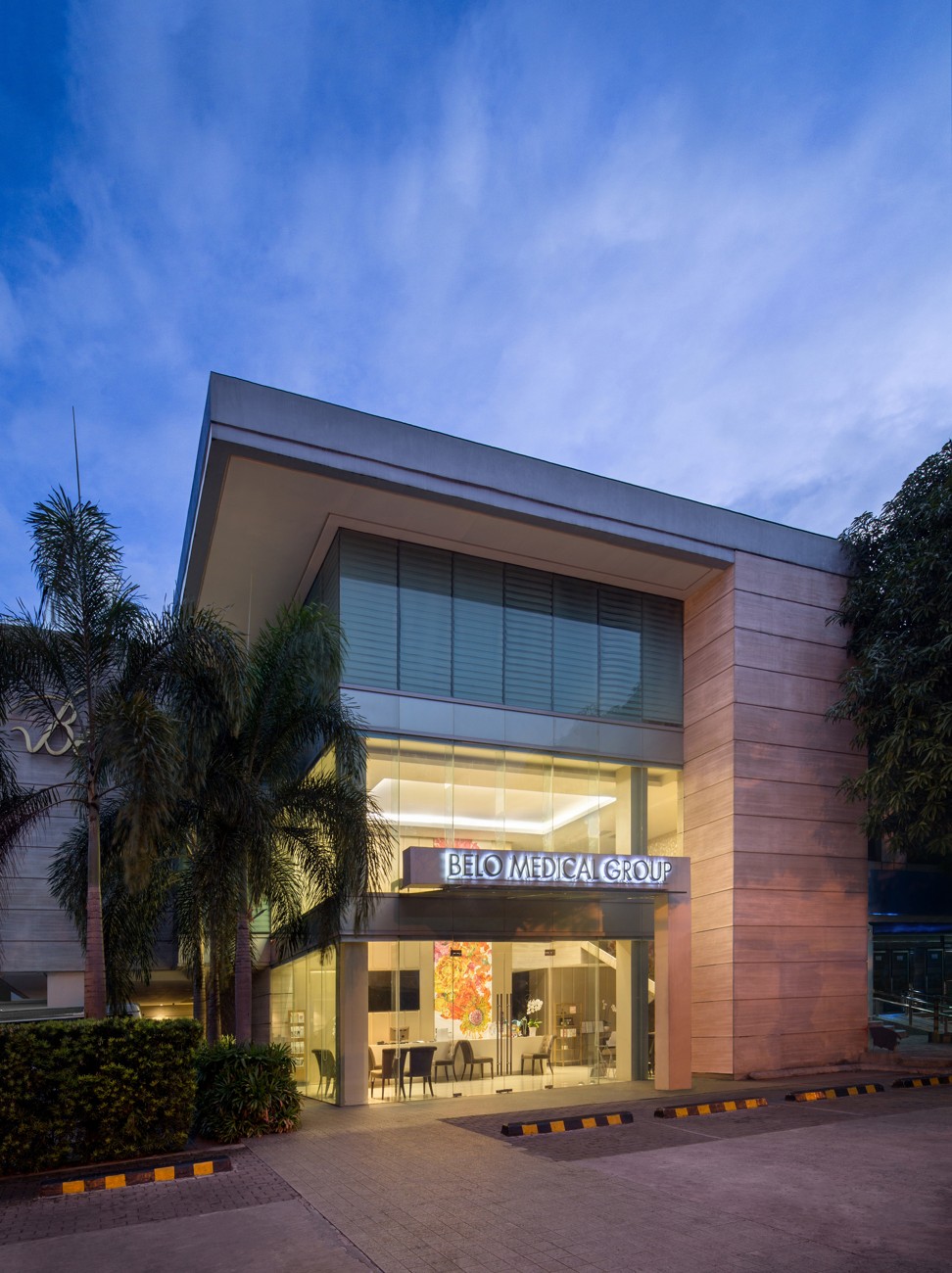
“I asked the Lord to send me a sign to figure out if I should continue. The sign I got was this patient, a very pretty 19-year-old girl, and I was wondering what she was doing coming to see me, but she had a big, red tennis-ball-sized keloid on her shoulder.
“She had got a tattoo of an angel, she said, and had it removed because school wouldn’t allow it and her dermatologist didn’t do the right thing and it swelled up. But I could have done it with a laser without causing that problem, so I thought that if I had done more PR she would have come to me instead and wouldn’t have had to deal with this.
“So I decided not to listen to anyone and keep doing my thing, almost like a horse, going forward. I was just listening to myself.”
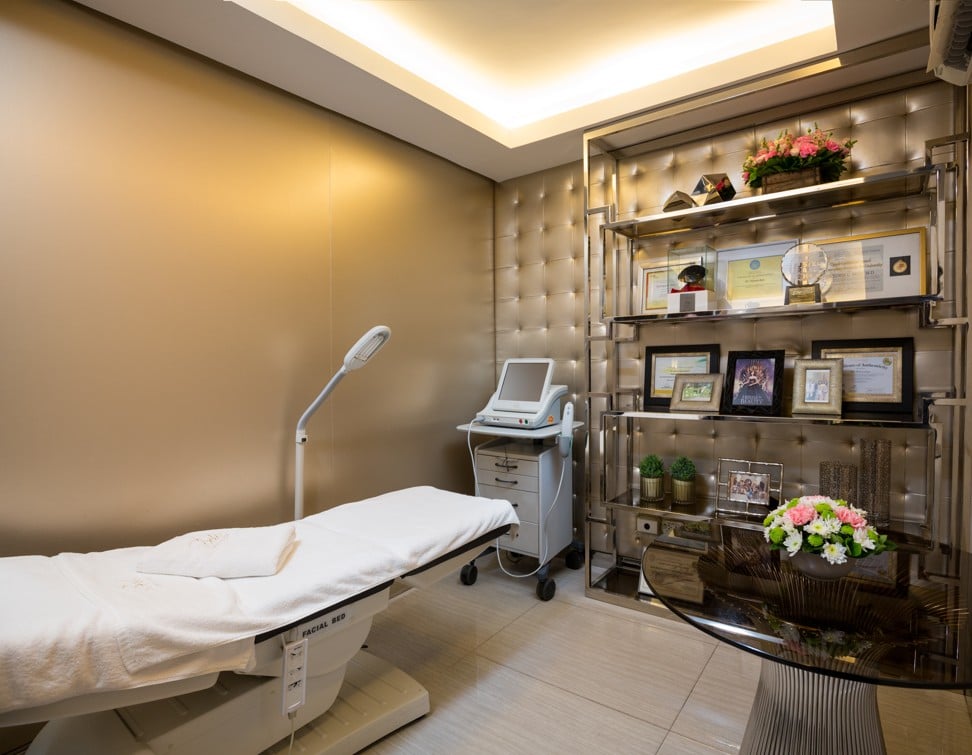
That was 28 years ago. Today the Belo Medical Group is a thriving business with 13 clinics and a client list that includes the Philippines’ movers and shakers.
Although Belo fits the stereotype of the celebrity skin doctor (jet-setting life, younger, dashing husband, fabulous fashion sense), she’s also a vocal advocate for her home country (“I wish I could work for the tourism board,” she quips) and hopes to change the often negative image of the Philippines through projects such as Belo Beauty 101, a TV show broadcast internationally.
“After 28 years in business, I wish that at least 30 per cent of my patients would be tourists, but the highest I’ve ever got is 20 per cent,” she says. “Every time we go above that, something bad happens, let’s say in Mindanao, and it’s all over the news,” she says, referring to the southern island far from Manila where the Philippine military is battling a clutch of Islamic militant groups.
“I had many patients from Hong Kong and then the bus accident happened,” she adds. That was the 2010 Manila bus hijacking, in which eight Hongkongers died.
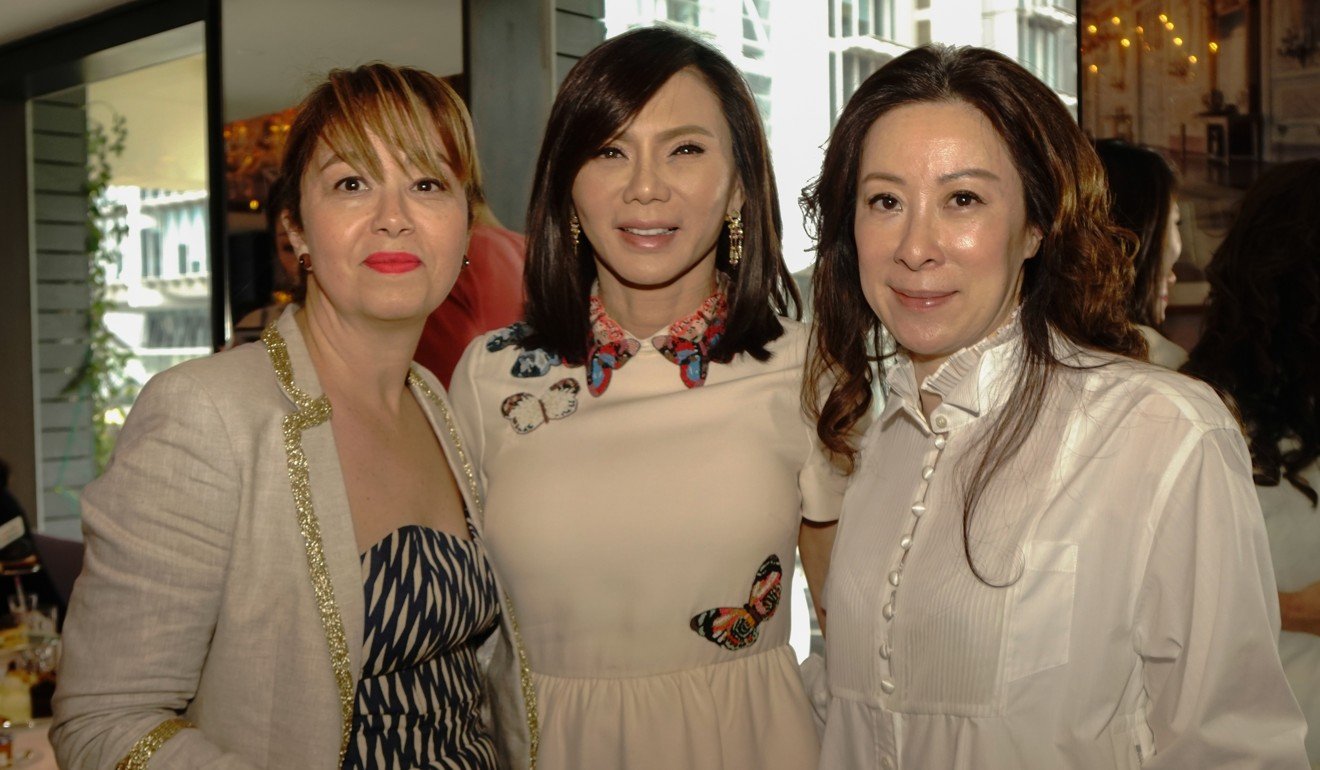
“I’ve been investigating why the image of the Philippines is so bad and I think it’s [partly] because we’re bad at doing our own PR. Someone from Thailand once told me, ‘I’m glad you guys can’t get your act together or Thailand would be in trouble’.”
The young chefs at forefront of a Philippine food revolution, and why you’ll be hearing a lot more about country’s cuisine
The Belo Medical Group’s biggest international market is the Middle East, followed by Taiwan, Hong Kong and Singapore.
“We buy the top and most expensive machines and we do a lot of research. I give talks at many institutions around the world and explain how to treat Asian skins because lots of doctors in the West don’t know how to do it. They’re afraid to treat non-white skin, but nowadays more and more Western doctors want to know because Asians are everywhere and are the ones spending money,” she says.
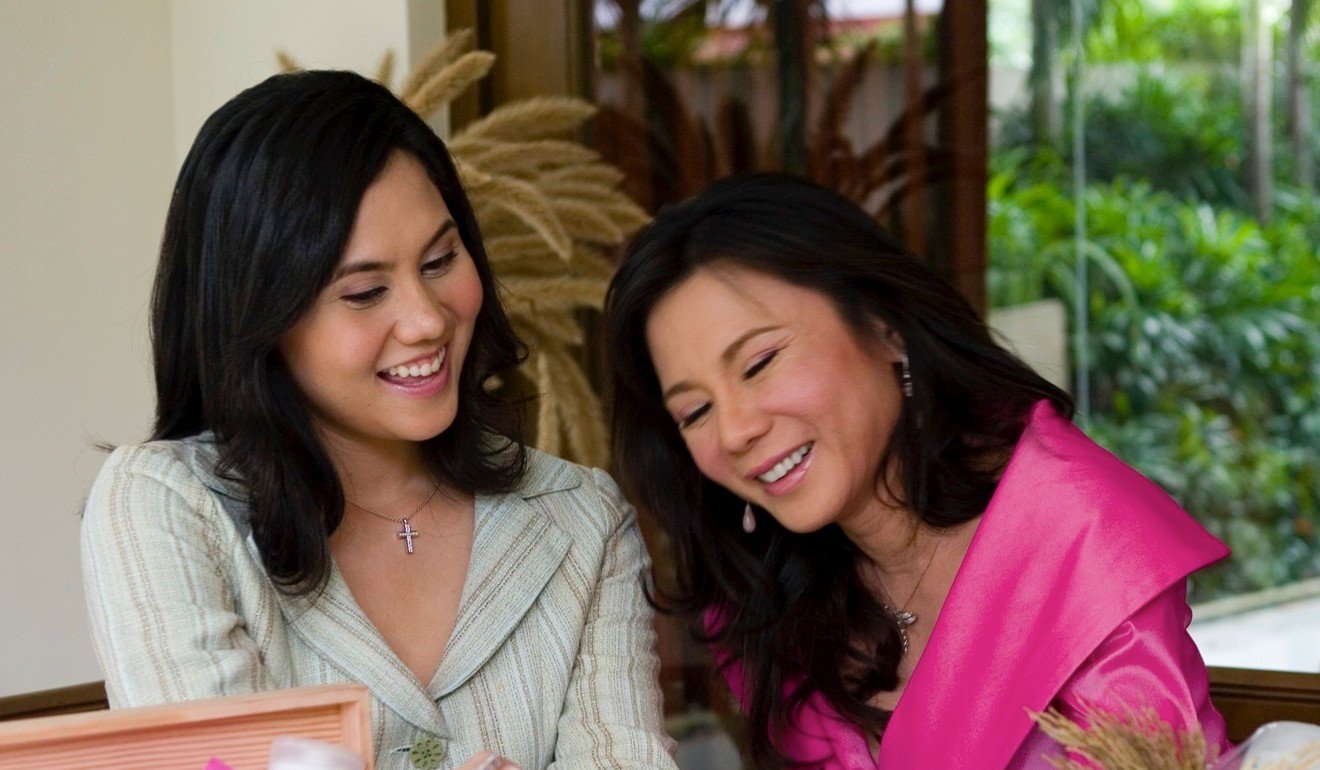
When it comes to her Hong Kong clientele, “they do a lot of liposuction, and what surprises me about Hong Kong women is that they do a lot of breast and bottom reductions”, Belo says.
“They also do a lot of non-surgical procedures. They want clear skin and almost a no-make-up look; the clearer and the more luminous the better.”
Belo describes her clinic as a one-stop shop, where treatments from around the world are available. (She was the first to introduce Botox, Thermage – which uses radio-frequency technology to improve the appearance of skin – and lasers for cosmetic surgery to the Philippines, for example.)
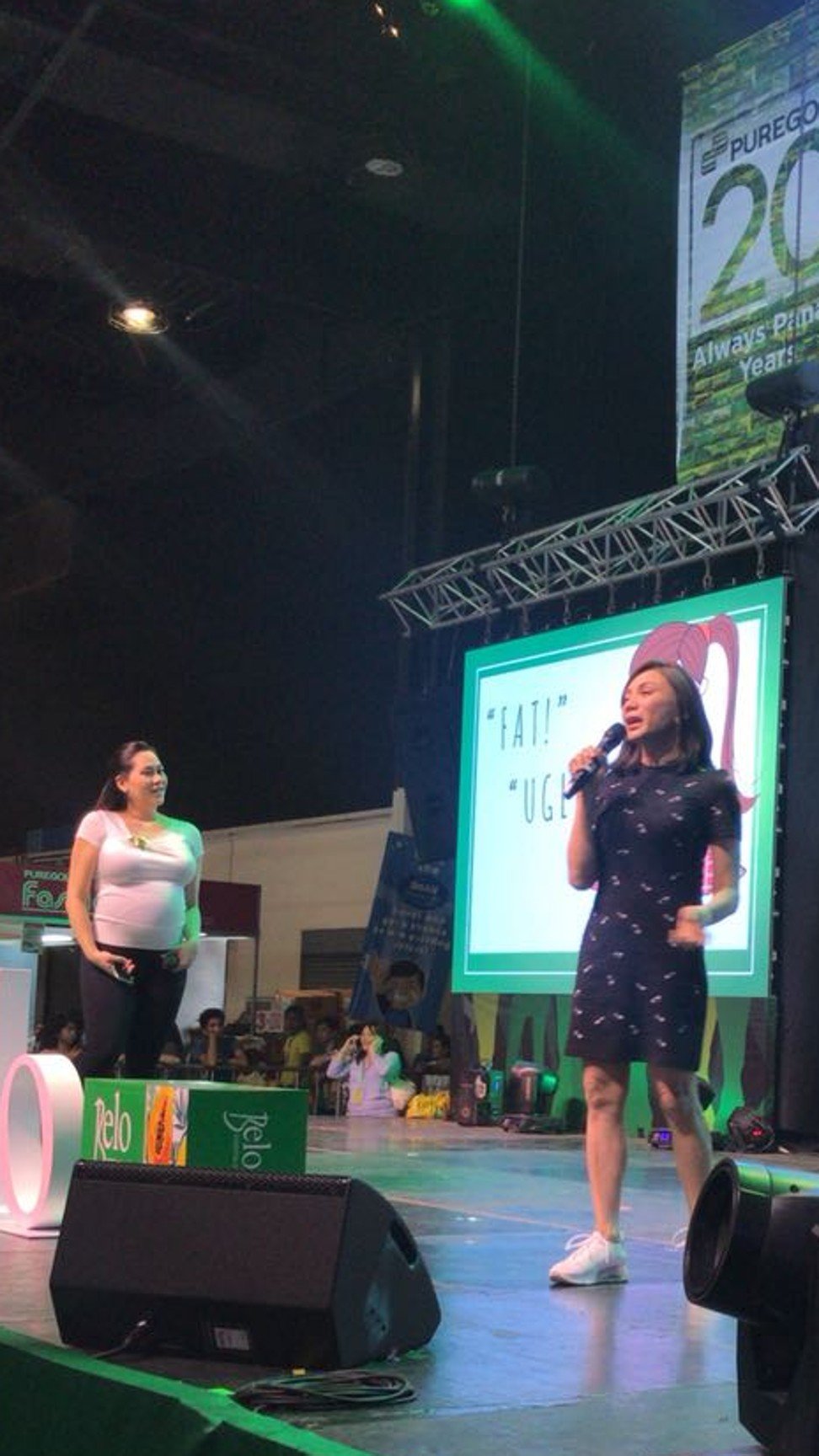
She doesn’t cater only to the middle and upper classes, either. After years giving talks in the Philippines and meeting people from “cashiers to waiters” asking her for advice, she decided to develop a mass beauty line with the help of her daughter Cristalle, who’s in charge of Belo Essentials (the cheapest item in its product range can cost as little as US$1).
I’ve been investigating why the image of the Philippines is so bad and I think it’s [partly] because we’re bad at doing our own PR
“Our motto is to make the Philippines the most beautiful country in the world, one person at a time,” she says.
“When it comes to the products, everyone wants whitening products, even though it’s changing a little bit because people are embracing their skin tones more. But because we were under Spanish colonisation, people looked up to them and fairer skin is still big.”
Belo makes no bones about the powerful effect that beauty procedures – invasive and non-invasive – can have on women, and men, saying she always advises clients to start taking care of their skin as early as their teenage years.
Over the course of her career, she’s seen how perceptions of cosmetic procedures have changed, a process which has helped her business and her self-image, too. “It’s now a status symbol. People are admitting it and it’s depressing when they hide it, especially with Instagram in this digital age, when people know everything,” she says.
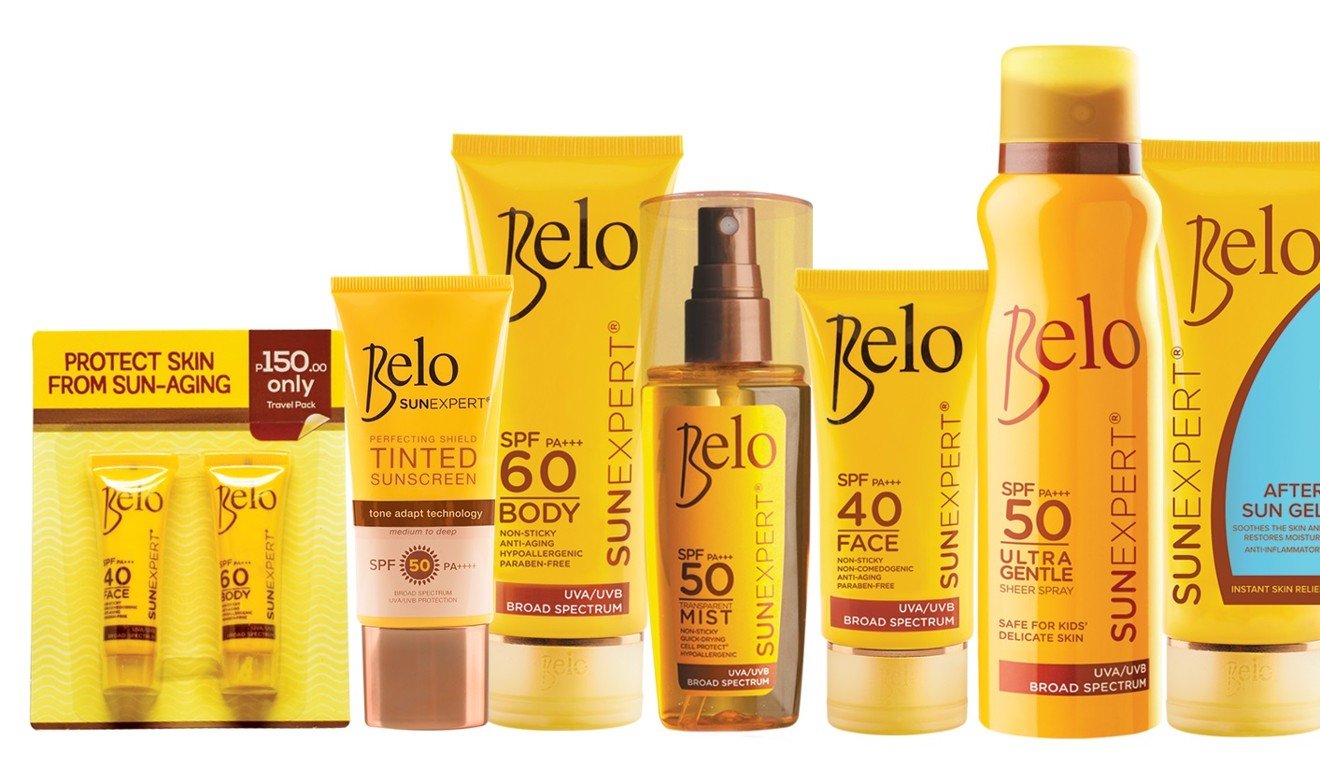
“At Belo, we want you to look natural. We don’t go for the overfilled face and the duck lips. I think people look better when you can’t tell what they’ve got done.
“Take Jennifer Lopez. I look at her and go, wow. The rest of the celebrities, I can tell right away what they’ve done, but she looks even better now than she did before.”
While Belo is aware that cosmetic surgery may be not everyone’s cup of tea, and that some may dismiss it as superficial, she sees it as an empowering tool and her goal now is to use her practice as a way to change the way the rest of the world looks at the Philippines.

